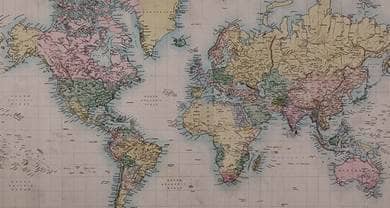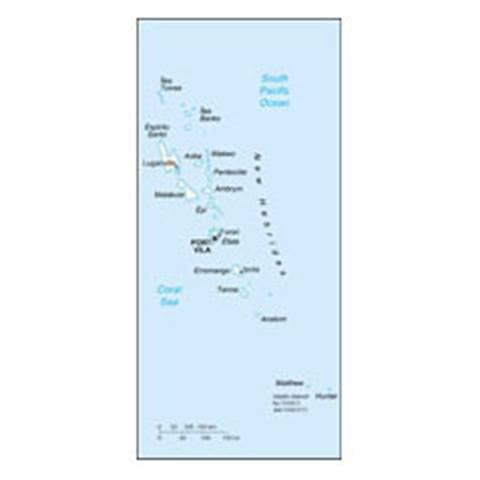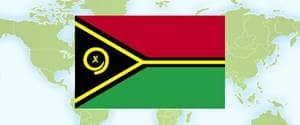- Trending:
- Pope Leo Xiv
- |
- Israel
- |
- Trump
- |
- Social Justice
- |
- Peace
- |
- Love

RELIGION LIBRARY
Vanuatu

The country is an archipelago with an area of 4,568 square miles and a population of 235,000. Approximately 90 percent of the population is Christian. An estimated 32 percent is Presbyterian, 13 percent Roman Catholic, 13 percent Anglican, and 11 percent Seventh-day Adventist. Groups that together constitute 14 percent include the Church of Christ, the Apostolic Church, the Assemblies of God, and other Protestant denominations. The John Frum Movement, an indigenous religious group with its own political party, is centered on the island of Tanna and includes approximately 5 percent of the population. The Baha'i Faith, Muslims, Islam, Jehovah's Witnesses, and The Church of Jesus Christ of Latter-day Saints (Mormons) are also active. There are believed to be members of other religious groups within the foreign community; they are free to practice their religions, but they are not known to proselytize or hold public religious ceremonies.
Missionaries representing several Western churches brought Christianity to the country in the 19th and early 20th centuries. Some foreign missionaries continue this work; however, approximately 90 percent of the clergy of the established churches are now indigenous. As of 2008, SIL International had translated the New Testament into three of the country's indigenous languages.
| Population | Population (2009 est.) 218,519 |
| Religious Demographics | Presbyterian 31.4%, Anglican 13.4%, Roman Catholic 13.1%, Seventh-Day Adventist 10.8%, other Christian 13.8%, indigenous beliefs 5.6% (including Jon Frum cargo cult), other 9.6%, none 1%, unspecified 1.3% (1999 Census) |
| Ethnic Groups | Ethnic Groups Ni-Vanuatu 98.5%, other 1.5% (1999 Census) |
| Languages | Languages local languages (more than 100) 72.6%, pidgin (known as Bislama or Bichelama) 23.1%, English 1.9%, French 1.4%, other 0.3%, unspecified 0.7% (1999 Census) |
| Country Flag |  |










